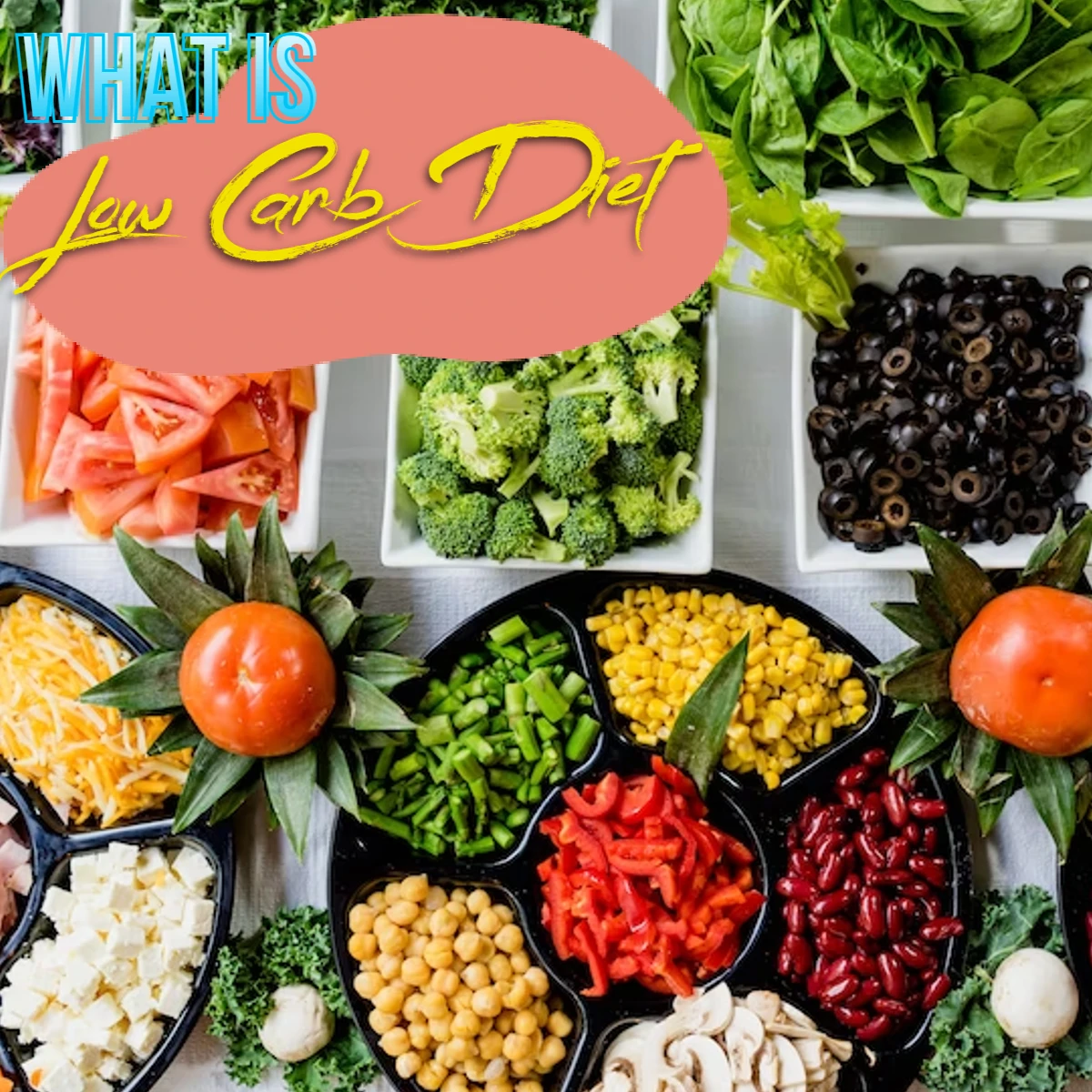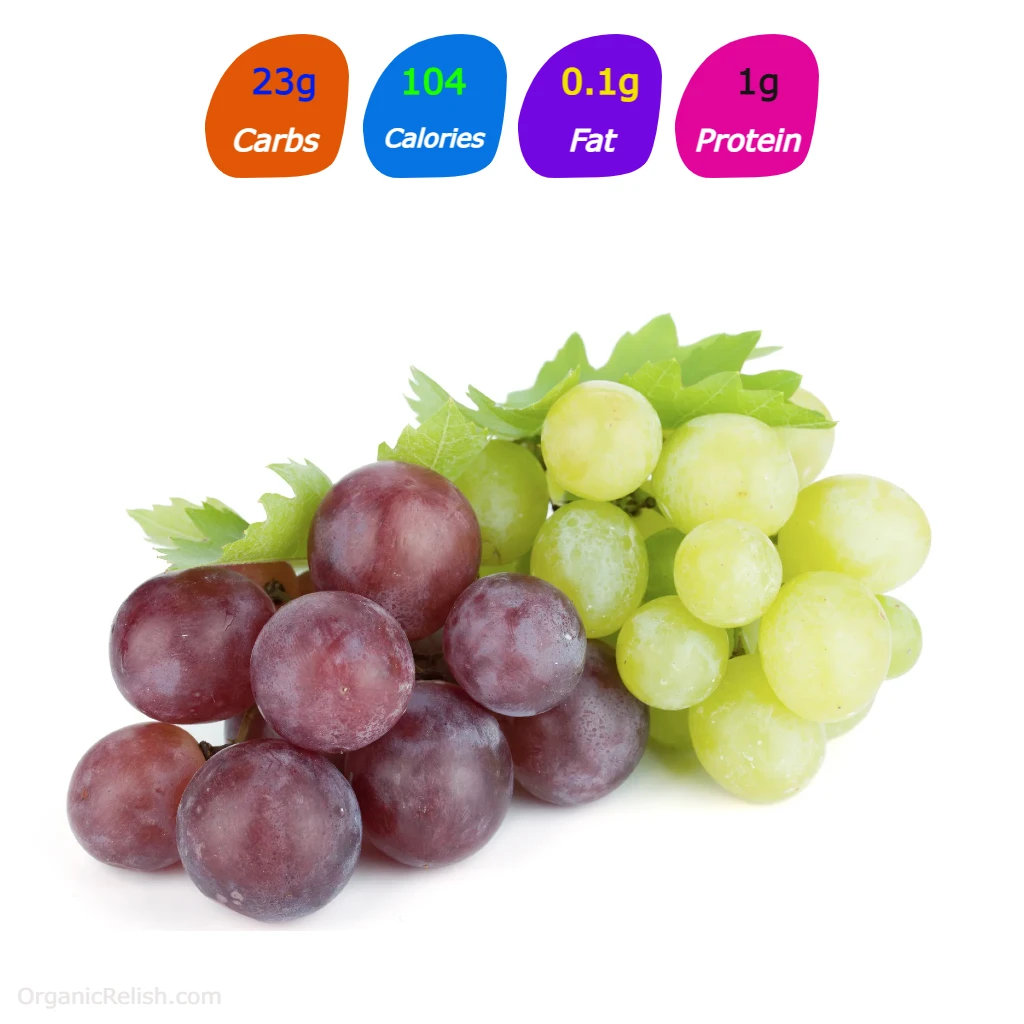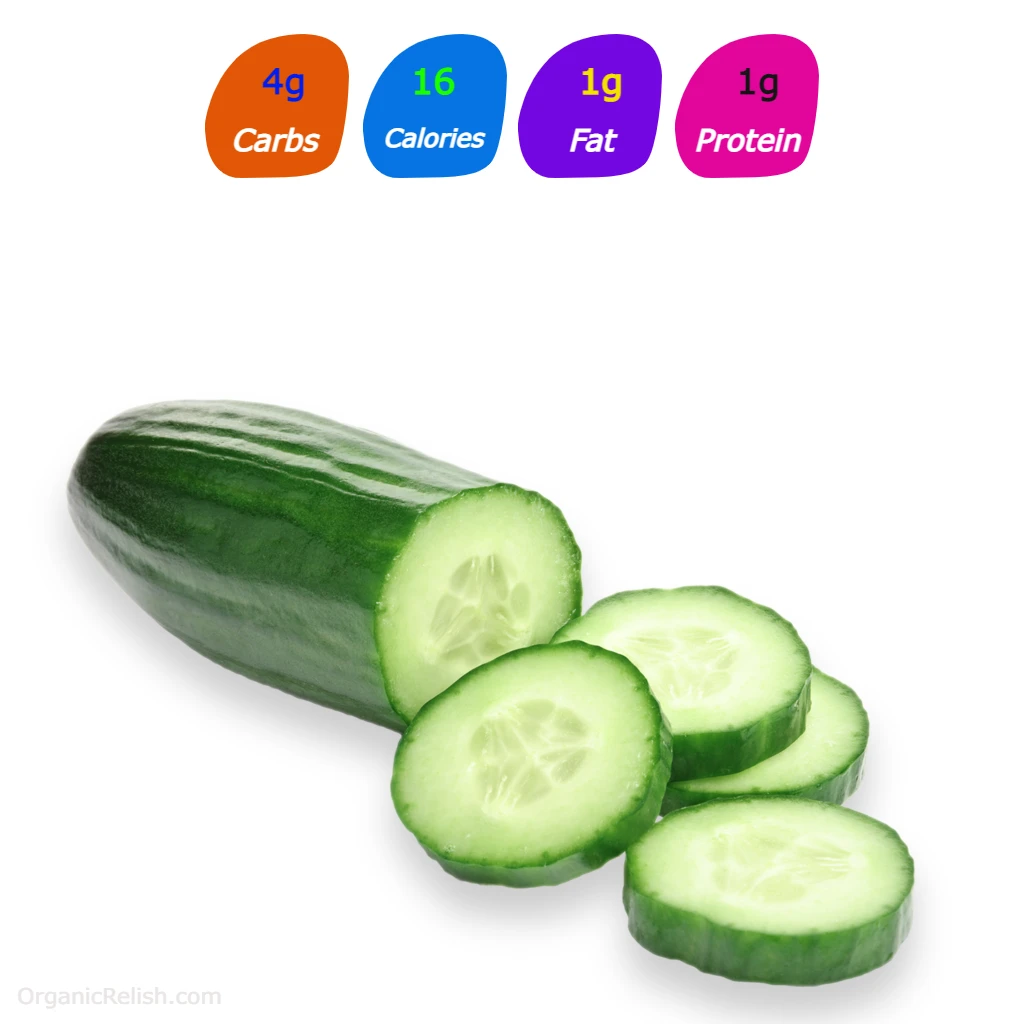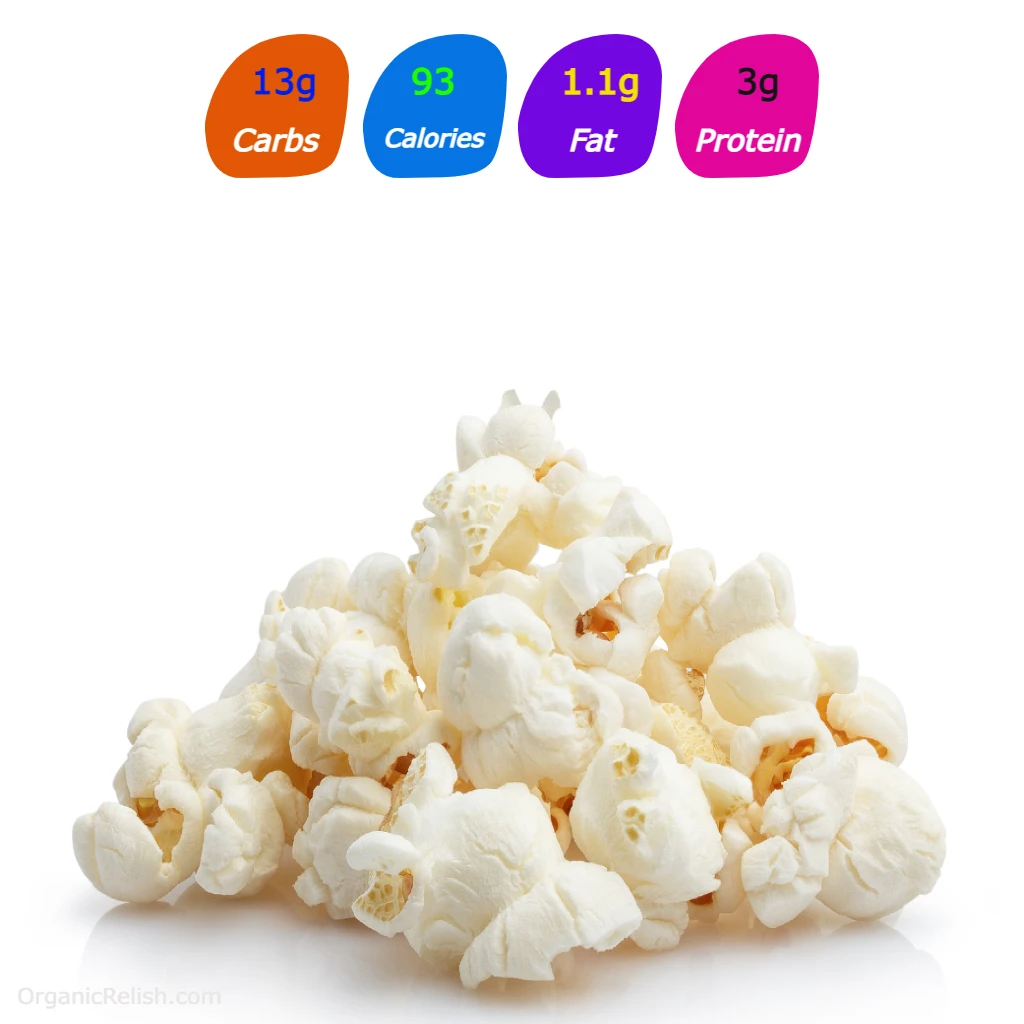Carbs in Banana
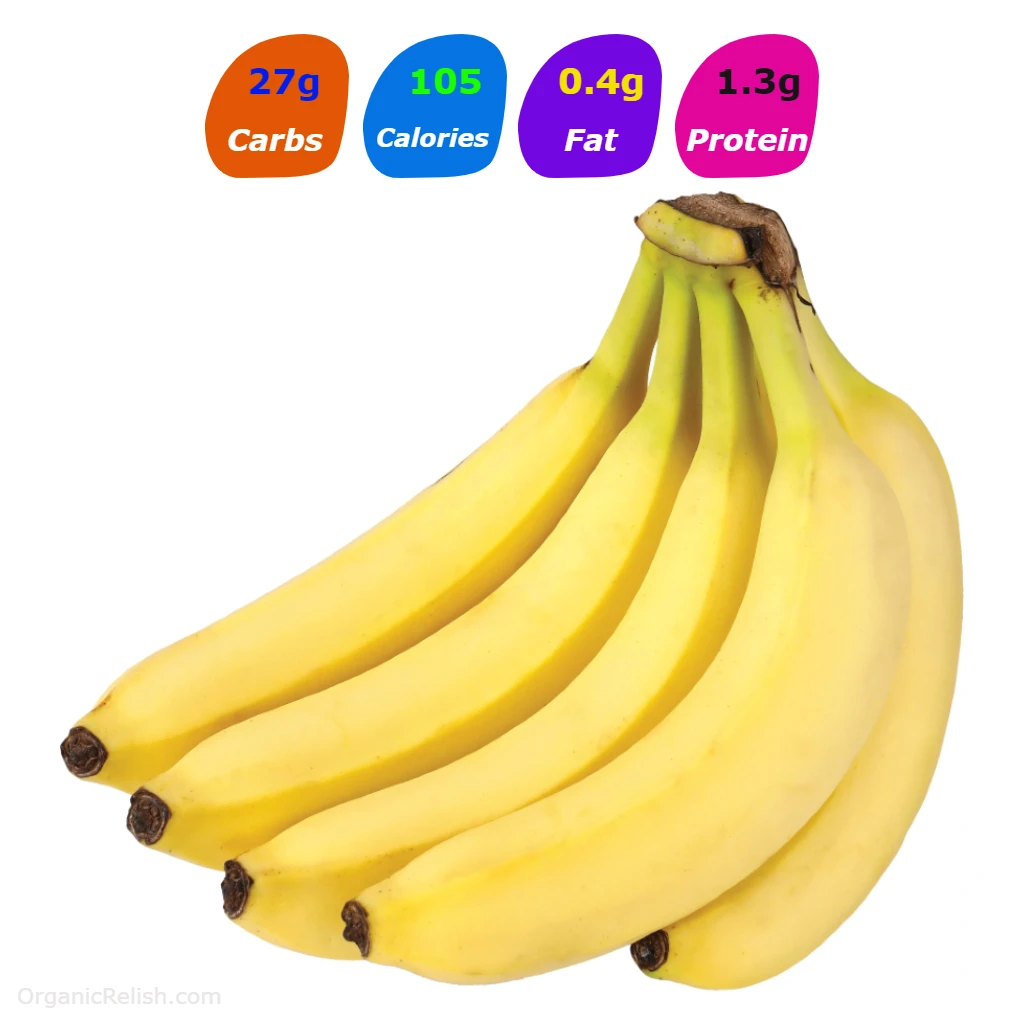
If you’ve ever wondered if bananas are a healthy food, then you might be interested in learning about their nutritional value. Bananas contain carbohydrates, proteins, fiber, iron, and potassium – all important nutrients for your body.
In addition to these nutrients, bananas also provide vitamin B6, folate, copper, manganese, niacin, phosphorus, riboflavin, thiamine, zinc, and magnesium. With so much nutrition packed into just one small berry, how could anyone resist eating them?
Does Banana have Carbs?
Yes,, Banana contains 27g total carbs (16.4g net carbs) per medium-sized banana (7″ to 7-7/8″ long, 118g), and 0.48g fat, 1.3g protein, and 105 calories.
| Items | medium Size (118g) | Large (136g) | extra large (152g) |
|---|---|---|---|
| net carbs | 27g | 31.1g | 34.7g |
| Calories | 105 | 121 | 135 |
| Fat | 0.4g | 0.4g | 0.5g |
| Protein | 1.3g | 1.5g | 1.7g |
Are bananas high carbs?
Bananas are a medium to high carb fruit. One medium banana (about 118 grams) contains 27 grams of carbs, which is a significant amount compared to some other low-carb fruits. However, bananas also contain several important nutrients, including fiber, potassium, and vitamin C.
It’s important to keep in mind that the number of carbs in a banana can vary depending on its size and ripeness. For example, a small, unripe banana may have fewer carbs than a large, ripe one. Additionally, the type of carbs in a banana is mostly in the form of simple sugars and dietary fiber, which can have different effects on blood sugar and overall health.
If you’re following a low-carb diet or trying to manage your blood sugar levels, you may need to be mindful of your intake of high-carb foods like bananas. However, for most people, including a moderate amount of bananas in a healthy, balanced diet can be a good way to get important nutrients and meet your daily carbohydrate needs.
How many carbs in bananas should I eat a day?
The number of carbs you should eat each day depends on your individual needs and goals. Factors that can influence your carb intake include your age, sex, weight, height, physical activity level, and health goals.
Here are some general guidelines for carb intake based on different factors:
- For adults, the recommended daily intake of carbs is 130 grams per day, according to the Dietary Guidelines for Americans. This is the minimum amount needed to meet your basic nutrient needs and provide sufficient energy for physical activity.
- If you’re trying to lose weight, you may need to reduce your carb intake to promote weight loss. Some research suggests that a low-carb diet (defined as less than 130 grams per day) may be effective for weight loss, but the optimal carb intake for weight loss varies from person to person.
- If you’re an athlete or have a very active lifestyle, you may need more carbs to fuel your workouts and support recovery. The exact amount of carbs you need will depend on the intensity and duration of your workouts, as well as your overall caloric needs.
It’s important to note that everyone has unique nutritional needs, and the optimal carb intake for one person may not be the same for another. It’s a good idea to work with a registered dietitian or healthcare provider to determine the right carb intake for you based on your individual needs and goals.
The number of bananas you should eat each day depends on your individual carb needs and goals. As a general rule, it’s important to include a variety of foods in your diet and not rely on any one food as a primary source of nutrition.
One medium banana (about 118 grams) contains 27 grams of carbs. If you’re following a low-carb diet or trying to manage your blood sugar levels, you may need to be mindful of your intake of high-carb foods like bananas. However, for most people, including a moderate amount of bananas in a healthy, balanced diet can be a good way to get important nutrients and meet your daily carbohydrate needs.
It’s also important to consider the other foods you’re eating in addition to bananas. If you’re eating a lot of other high-carb foods, you may need to adjust your intake of bananas to stay within your desired carb range.
It’s a good idea to work with a registered dietitian or healthcare provider to determine the right carb intake for you based on your individual needs and goals. They can help you create a healthy, balanced meal plan that includes a variety of foods and meets your nutrient needs.
Do bananas spike insulin?
Bananas can cause a small increase in blood sugar and insulin levels after eating them. However, the effect on blood sugar and insulin levels can vary depending on the size and ripeness of the banana, as well as other factors such as the individual’s current blood sugar levels and the presence of other nutrients or substances that can affect blood sugar metabolism.
In general, ripe bananas have a higher glycemic index (GI) value, which is a measure of how quickly a food raises blood sugar levels. Unripe bananas have a lower GI value. However, the GI value is just one factor to consider when evaluating the impact of a food on blood sugar levels. The glycemic load (GL) of a food, which takes into account the serving size and the GI value, is a more accurate measure of how a food affects blood sugar levels.
It’s important to note that the impact of a food on blood sugar and insulin levels can also be affected by other factors such as the presence of fiber, fat, and protein, as well as the individual’s overall diet and lifestyle.
If you have diabetes or are concerned about blood sugar control, it’s a good idea to work with a healthcare provider or registered dietitian to develop a healthy eating plan that meets your needs and goals. They can help you understand how different foods and meals affect your blood sugar levels and make recommendations for managing your blood sugar levels.
Nutrition Facts of Banana
| Nutrition Facts | |||
|---|---|---|---|
| Serving Size | |||
| 1 medium (7 inch to 7-7/8 inch long) | |||
| Calories 105 | |||
| % Daily Value * | |||
| Total Fat 0.4g | |||
| Saturated Fat 0.1g | 1% | ||
| Trans Fat 0g | |||
| Cholesterol 0mg | 0% | ||
| Sodium 1.2mg | 0% | ||
| Total Carbohydrate 27g | 9% | ||
| Dietary Fiber 3.1g | 11% | ||
| Total Sugars 14.4g | 29% | ||
| Includes ~g Added Sugars | ~% | ||
| Protein 1.3g | 3% | ||
| Vitamin C 10.3mg | 11% | ||
| Vitamin D 0mcg | 0% | ||
| Iron 0.3mg | 2% | ||
| Calcium 5.9mg | 0% | ||
| Potassium 422.4mg | 9% | ||
| Phosphorus 26mg | 2% | ||
| *The % Daily Value (DV) tells you how much a nutrient in a serving of food contributes to a daily diet. 2,000 calories a day is used for general nutrition advice. |
Vitamins in Banana
| ~ = missing data | %DV | |
| Weight | 118g | |
| Vitamin A, RAE | 3.5mcg | 0% |
| Vitamin C | 10.3mg | 11% |
| Thiamin (B1) | 0mg | 3% |
| Riboflavin (B2) | 0.1mg | 7% |
| Niacin (B3) | 0.8mg | 5% |
| Vitamin B5 (PA) | 0.4mg | 8% |
| Vitamin B6 | 0.4mg | 25% |
| Biotin | ~mcg | |
| Folate (B9) | 23.6mcg | 6% |
| Folic acid | 0mcg | 0% |
| Food Folate | 23.6mcg | 6% |
| Folate DFE | 23.6mcg | 6% |
| Choline | 11.6mg | 2% |
| Vitamin B12 | 0mcg | 0% |
| Retinol | 0mcg | |
| Carotene, beta | 30.7mcg | 0% |
| Carotene, alpha | 29.5mcg | 0% |
| Cryptoxanthin, beta | 0mcg | 0% |
| Vitamin A, IU | 75.5IU | 3% |
| Lycopene | 0mcg | |
| Lut + Zeaxanthin | 26mcg | |
| Vitamin E | 0.1mg | 1% |
| Vitamin D | 0mcg | 0% |
| Vitamin D2 | ~mcg | |
| Vitamin D3 | ~mcg | |
| Vitamin D (IU) | 0IU | 0% |
| Vitamin K | 0.6mcg | 0% |
| Vitamin K1 | 0mcg | |
| Menaquinone-4 | ~mcg |
Carbs & Sugars in Banana
| ~ = missing data | %DV | |
| Weight | 118g | |
| Soluble Fiber | ~g | |
| Insoluble Fiber | ~g | |
| Added Sugar | ~g | ~% |
| Sucrose | 2.8g | |
| Glucose (Dextrose) | 5.9g | |
| Fructose | 5.7g | |
| Lactose | 0g | |
| Maltose | 0g | |
| Galactose | 0g | |
| Starch | 6.3g | |
| Carbohydrate, other | ~g | |
| Total sugar alcohols | ~g |
Fats in a Banana
| ~ = missing data | %AI | |
| Weight | 118g | |
| Monounsaturated Fats | 38mg | |
| Polyunsaturated Fats | 86mg | |
| Omega 3s | 32mg | 2% |
| Omega 6s | 54mg | 0% |
| Omega 3 to Omega 6 Ratio | 0.59 | |
| Omega 6 to Omega 3 Ratio | 1.7 | |
| 18:3 n-3 c,c,c (ALA) | ~mg | |
| 20:5 n-3 (EPA) | 0mg | |
| 22:5 n-3 (DPA) | 0mg | |
| 22:6 n-3 (DHA) | 0mg | |
| Trans-Polyenoic Fats | ~mg | |
| Stigmasterol | ~mg | |
| Campesterol | ~mg | |
| Beta-sitosterol | ~mg | |
| Phytosterols | 18.88mg | |
| 4:0 | 0mg | |
| 6:0 | 0mg | |
| 8:0 | 0mg | |
| 10:0 | 1mg | |
| 12:0 | 2mg | |
| 13:0 | ~mg | |
| 14:0 | 2mg | |
| 15:0 | ~mg | |
| 16:0 | 120mg | |
| 17:0 | ~mg | |
| 18:0 | 6mg | |
| 20:0 | ~mg | |
| 22:0 | ~mg | |
| 24:0 | ~mg | |
| 14:1 | ~mg | |
| 15:1 | ~mg | |
| 16:1 undifferentiated | 12mg | |
| 16:1 c | ~mg | |
| 17:1 | ~mg | |
| 18:1 undifferentiated | 26mg | |
| 18:1 c | ~mg | |
| 18:1-11 t (18:1t n-7) | ~mg | |
| 20:1 | 0mg | |
| 22:1 undifferentiated | 0mg | |
| 22:1 c | ~mg | |
| 24:1 c | ~mg | |
| 18:2 undiff | 54mg | |
| 18:2 n-6 c,c | ~mg | |
| 18:2 CLAs | ~mg | |
| 18:2 i | ~mg | |
| 18:3 undiff | 32mg | |
| 18:3 n-6 c,c,c | ~mg | |
| 18:3i | ~mg | |
| 18:4 | 0mg | |
| 20:2 n-6 c,c | ~mg | |
| 20:3 undifferentiated | ~mg | |
| 20:3 n-3 | ~mg | |
| 20:3 n-6 | ~mg | |
| 20:4 undifferentiated | 0mg | |
| 20:4 n-6 | ~mg | |
| 21:5 | ~mg | |
| 22:4 | ~mg | |
| Trans-Monoenoic Fats | ~mg | |
| 16:1 t | ~mg | |
| 18:1 t | ~mg | |
| 22:1 t | ~mg | |
| 18:2 t not further defined | ~mg | |
| 18:2 t,t | ~mg |
Amino Acids in Banana
| ~ = missing data | %RDI | |
| Weight | 118g | |
| Betaine | 0mg | |
| Tryptophan | 11mg | 4% |
| Threonine | 33mg | 3% |
| Isoleucine | 33mg | 2% |
| Leucine | 80mg | 3% |
| Lysine | 59mg | 3% |
| Methionine | 9mg | 1% |
| Cystine | 11mg | 4% |
| Phenylalanine | 58mg | 7% |
| Tyrosine | 11mg | 1% |
| Valine | 55mg | 3% |
| Arginine | 58mg | |
| Histidine | 91mg | 13% |
| Alanine | 47mg | |
| Aspartic acid | 146mg | |
| Glutamic acid | 179mg | |
| Glycine | 45mg | |
| Proline | 33mg | |
| Serine | 47mg | |
| Hydroxyproline | ~mg |
Other
| ~ = missing data | ||
| Weight | 118g | |
| Water | 88.4g | |
| Ash | 1g | |
| Alcohol | 0g | |
| Caffeine | 0mg | |
| Theobromine | 0mg | |
| PRAL score | -8.24 |
How long would it take to burn off 110 Kcal from eating Banana?
| Walking (3mph) | 28 minutes |
| Running (6mph) | 10 minutes |
| Bicycling (10mph) | 15 minutes |
Read More:
